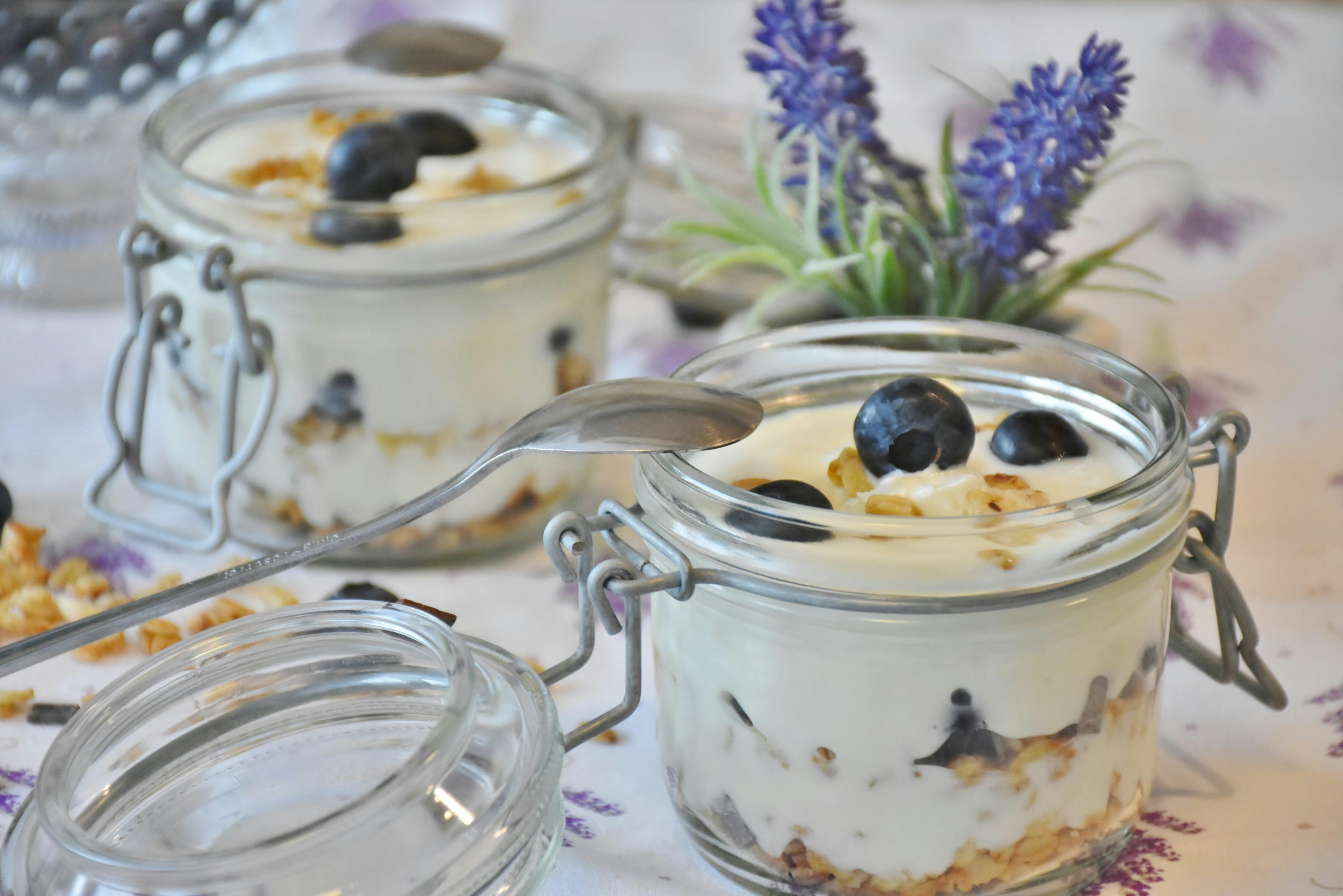
If you're craving something salty, opt for popcorn instead of potato chips. When you hit Starbucks, be sure to order unsweetened iced coffee with a splash of your favorite milk instead of a sugary Frappuccino. And if you're craving a burger, eat it with pieces of lettuce as the bun instead of the regular bread bun it comes with. Amanda wrote in the caption. By making these swaps, you could save hundreds of calories, dozens of grams of sugar, and about 20 grams of processed carbs. If you're still not losing weight, take a look at your daily food choices — a few simple tweaks could make all the difference.
In my opinion, this means that observational data gathered from populations that already have opinions about the factor you're trying to study may tend to reinforce prevailing notions regardless of their accuracy. This brings us to the recent study on meat intake and mortality. It was a massive observational study that followed the diet and health of 617,119 elderly Americans for 10 years.
Researchers found that the highest quintile of red meat intake was at an elevated risk of cancer and cardiovascular disease, and had an overall risk of dying about 1/3 greater than those in the lowest quintile. That's a pretty somber finding for those of us who love a juicy steak. But let's look at a few of the things that came along with red meat intake. I'm going to post a few graphs of factors that associated with red meat. These are clearly people who are less concerned about their health in general.
The investigators adjusted their model for a number of potential confounding factors: education, marital status, family history of cancer, race, body mass index, smoking history, exercise, alcohol intake, vitamin supplementation, fruit and vegetable intake, and hormone replacement therapy. This adjustment weakened but did not eliminate the association between red meat intake and mortality.
But again, you can't adjust for variables you don't measure. How about vitamin D status, Quality and frequency of doctor's visits, There's no way to measure all the little things a health-conscious person will do to take care of himself. These unmeasured (and sometimes unmeasurable) factors can add up to have a major impact on health. So in the end, what are these studies really measuring, The association between diet and health, or the association between a health-conscious lifestyle and health, There's no way to know without a controlled trial.
Here are a few other critiques of the study that are worth reading. Chris Masterjohn points out that the investigators' method of measuring meat intake was stunningly inaccurate, and they may have been measuring wishful thinking more than meat itself. Dr. Michael Eades points out that two other studies appeared at the same time, without fanfare, that contradicted the study's findings. And Jenny Ruhl discusses the implications of the bizarre finding that red meat intake also associates with the risk of accidental death.
You can always cover the scraps inside a container with a wet paper towel or newspaper to cut down on odor or gnats. You can decide to empty your kitchen food scrap pail directly into your compost bin. This method is known as the Add-as-You-Go Pile, as thoroughly described on this website. Better yet is to use a 4-5 gallon lidded bucket to stockpile food scraps, as detailed below.
A Food Scrap Bucket is simple to locate. Just look for a 4-5 gallon bucket at your local hardware store. Some food establishments or wholesalers have some as well. Keep the bucket near your backdoor or compost bin. A good way to keep fruit flies or gnats from sneaking into the bucket is to line the lid with newspaper.
Tags:
How Make Food
